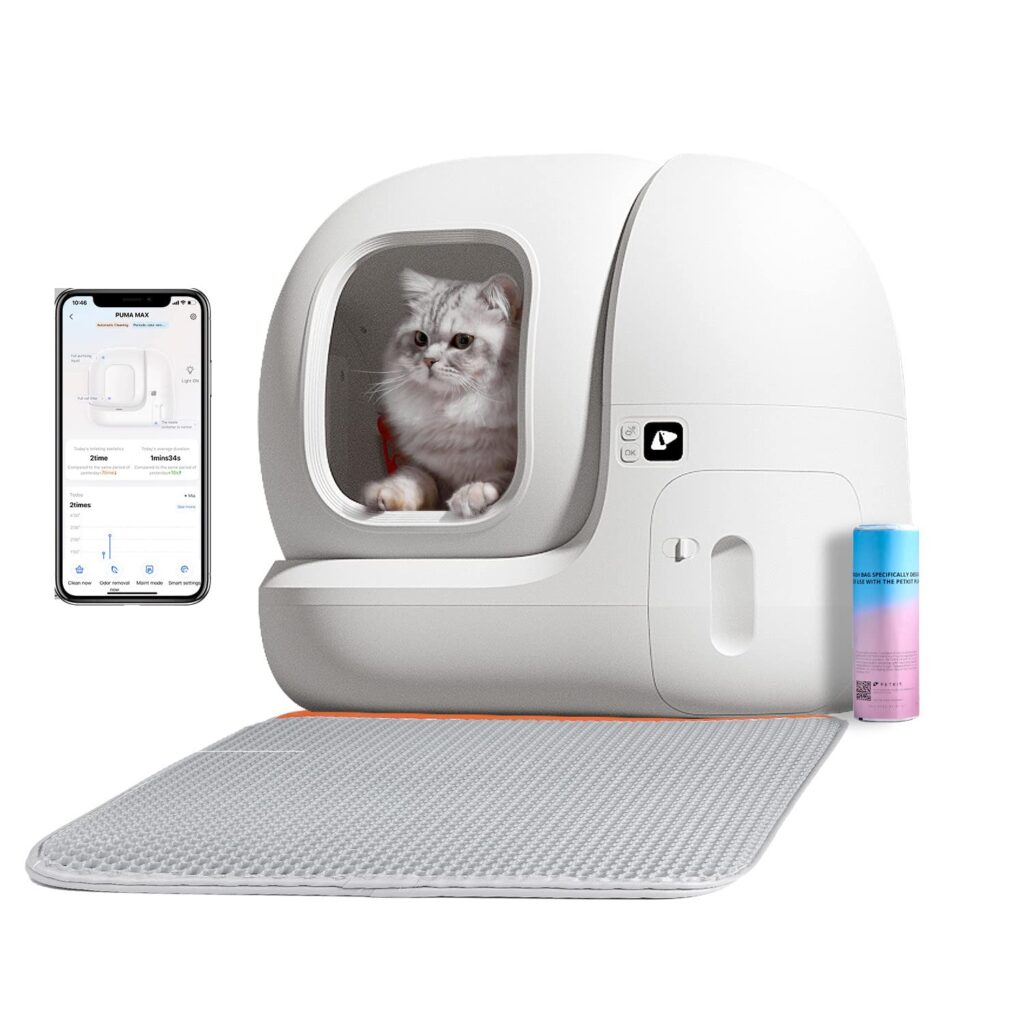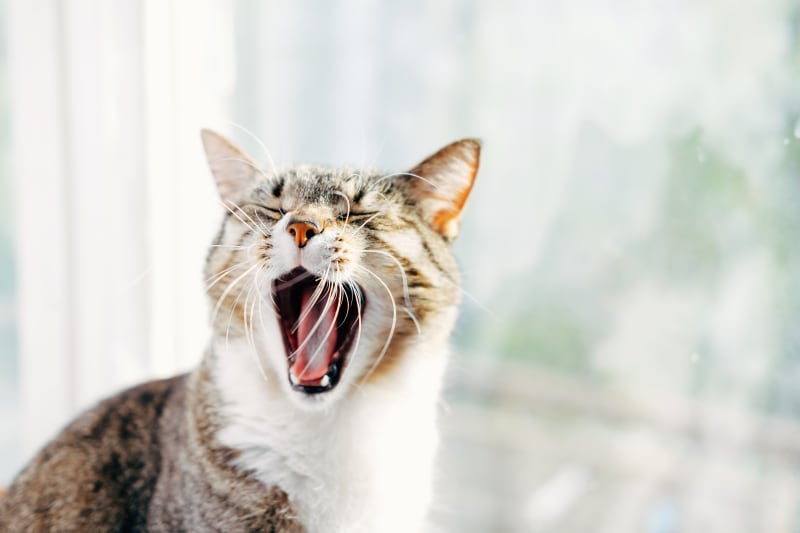After receiving a Convenia injection, if your cat is not eating, it is a cause for concern. A loss of appetite can be a possible side effect, and it is important to monitor your cat’s eating habits and consult a veterinarian if the issue persists or worsens.

Credit: www.berkeleyvetcenter.com
Contents
- 1 Possible Causes For Loss Of Appetite
- 2 Monitoring Your Cat’s Eating Habits
- 3 Steps To Encourage Eating In Cats
- 4 Recognizing Signs Of Serious Health Concerns
- 5 Consulting Your Veterinarian For Professional Evaluation
- 6 Preventive Measures To Address Loss Of Appetite
- 7 Future Considerations For Cat’s Well-being
- 8 Frequently Asked Questions For Cat Not Eating After Convenia Injection: Should You Worry?
- 9 Conclusion
Possible Causes For Loss Of Appetite
Loss of appetite in cats is a common concern for pet owners, especially after a Convenia injection. Stress and anxiety are possible causes that can lead to a decrease in feline appetite. Cats may experience fear or discomfort during vet visits or while receiving injections, and this can contribute to their reluctance to eat. Additionally, the side effects of Convenia injection, such as gastrointestinal discomfort or nausea, can also result in a temporary loss of appetite. It is important to monitor your cat closely for any signs of underlying medical conditions that may be contributing to their reduced appetite. If your cat’s loss of appetite persists for more than a day or is accompanied by other concerning symptoms, it is advisable to consult with your veterinarian.
Monitoring Your Cat’s Eating Habits
Observing Changes in Eating Behavior: It is important to monitor your cat’s eating habits, especially after a Convenia injection. If you notice your cat not eating or having a decreased appetite, it might be a cause for concern. Cats may experience a temporary loss of appetite after receiving an injection, so it is important to keep an eye on their food intake. Tracking Food Intake and Appetite Levels: Keep track of how much food your cat is consuming and note any changes in their appetite. Consulting with your Veterinarian: If your cat continues to refuse food or shows other concerning symptoms, it is best to consult with your veterinarian. They can determine if there are any underlying issues causing the lack of appetite and provide appropriate advice or treatment. Remember, monitoring your cat’s eating behavior and seeking professional guidance can help ensure their overall well-being.
Steps To Encourage Eating In Cats
Creating a calm and comfortable environment for your cat is crucial to promote a healthy appetite. Minimize stressors such as loud noises or sudden disruptions during mealtime. Provide a quiet and secluded area where your cat feels safe.
Offering irresistible and appetizing food choices can entice even the pickiest eaters. Experiment with different flavors and textures, ensuring that the food is at an appropriate temperature. Warm food can be more appealing to cats.
Implementing feeding techniques for support can help stimulate your cat’s appetite. Try hand feeding by offering small portions of tasty treats or wet food from your fingers. This personal interaction can encourage your cat to eat.
Additionally, establish a consistent feeding schedule to regulate your cat’s hunger. Avoid free-feeding, which may lead to a loss of appetite. Instead, offer meals at specific times during the day.
Remember, if your cat continues to refuse food after a Convenia injection, it is essential to consult your veterinarian. They can provide further guidance to ensure your cat’s health and wellbeing.
Recognizing Signs Of Serious Health Concerns
Extreme Weight Loss: If your cat is not eating after receiving a Convenia injection, it could be a sign of a serious health concern. One of the common side effects of Convenia is loss of appetite. However, if your cat experiences extreme weight loss, it may indicate an underlying issue that needs immediate attention.
Lethargy and Weakness: Another worrisome sign is if your cat becomes lethargic and weak after the injection. While some cats may experience mild tiredness after Convenia administration, persistent lethargy and weakness could be a symptom of an adverse reaction or an infection that needs to be addressed.
Vomiting and Diarrhea: If your cat displays persistent vomiting and diarrhea after receiving the injection, it may be a cause for concern. While mild gastrointestinal upset is a common side effect, severe or prolonged vomiting and diarrhea can be indicative of a more severe issue requiring veterinary intervention.
Consulting Your Veterinarian For Professional Evaluation
Cat Not Eating After Convenia Injection: Should You Worry?
When your cat experiences a lack of appetite after receiving a Convenia injection, it is crucial to consult with your veterinarian for a professional evaluation. Discuss your observations and concerns with the vet to provide them with a comprehensive understanding of your cat’s condition.
Communication plays a vital role in helping the veterinarian make an accurate diagnosis. Share any changes you have noticed in your cat’s behavior, appetite, or overall health. Mention if there were any other symptoms or issues before or after the Convenia injection, as this information can be valuable in determining the cause of your cat’s reduced appetite.
Your veterinarian may recommend conducting diagnostic tests to identify any underlying medical conditions that might be contributing to your cat’s loss of appetite. These tests may include blood work, x-rays, or ultrasounds. The results of these tests will help the vet develop an appropriate treatment plan.
Based on the evaluation and diagnostic tests, your veterinarian will create a tailored treatment plan for your cat. This plan will address the specific underlying cause of your cat’s decreased appetite. It may include medications, dietary changes, fluid therapy, or other interventions to improve your cat’s appetite and overall health.
Preventive Measures To Address Loss Of Appetite
Regular veterinary check-ups can play a vital role in monitoring your cat’s health and detecting any underlying medical issues. These routine visits allow the veterinarian to provide early intervention and prevent the loss of appetite. It is crucial to establish a trusting relationship with your veterinarian to ensure a thorough examination of your cat’s condition. Minimizing stress and anxiety in your cat’s environment is also essential, as these factors can contribute to a decrease in appetite. Creating a calm and comfortable space for your cat, providing enrichment activities, and maintaining a regular routine can help alleviate stress. It is important to ensure the appropriate use of medications, including the cautious administration of Convenia injections. Discussing potential side effects and alternative treatment options with your veterinarian can help prevent any adverse reactions and loss of appetite.
Future Considerations For Cat’s Well-being
Maintaining Close Observation of Eating Habits: After a Convenia injection, it is crucial to closely monitor your cat’s eating habits. Some cats may experience a temporary loss of appetite as an adverse reaction to the medication. Eating habits are a vital indicator of their overall health, so it is important to pay attention to any changes.
Addressing Any New Symptoms Promptly: If your cat exhibits any new symptoms or behaviors after receiving a Convenia injection, it is important to address them promptly. Loss of appetite, lethargy, or any other unusual signs should be brought to the attention of your veterinarian to ensure your cat’s well-being.
Open Communication with Your Veterinarian: To provide the best care for your cat, open communication with your veterinarian is crucial. Notify your veterinarian about any changes in your cat’s eating habits or any other concerns you may have. They can provide guidance on the best course of action to ensure your cat’s health and well-being.
Frequently Asked Questions For Cat Not Eating After Convenia Injection: Should You Worry?
Why Won’t My Cat Eat After Taking Antibiotics?
Antibiotics may cause gastrointestinal upset in cats, leading to loss of appetite. This is a common side effect, but it should be temporary. If your cat continues to refuse food after a few days, consult your veterinarian for further evaluation.
Can Convenia Make Cats Lethargic?
Yes, Convenia can cause lethargy in cats.
What Are The Side Effects Of Convenia Antibiotic Injections In Cats?
Common side effects of Convenia antibiotic injections in cats include vomiting, diarrhea, and loss of appetite.
How Long Can A Cat Go Without Eating?
A cat can go without eating for up to five days, but it is essential to seek veterinary assistance if a cat refuses food for more than 24-48 hours.
Conclusion
If your cat is not eating after a Convenia injection, it is essential to assess the situation with caution. While it is common for some cats to experience a temporary loss of appetite, it is crucial to monitor their behavior and consult a veterinarian if the issue persists or worsens.
Remember, every cat is unique, and understanding their individual reactions to medication is vital to ensuring their overall well-being.

Katie Lindsey is a passionate cat lover and founder of Cats Solution, a comprehensive resource for all things feline. With a lifelong love for cats and extensive knowledge in their care and behavior, she provides expert advice and solutions to cat owners. Through her website, Katie fosters a supportive community where cat enthusiasts can find guidance and heartwarming stories. A dedicated advocate for animal welfare, Katie also promotes responsible pet ownership and adoption. Join her on this purr-fect journey celebrating the joy of feline companionship.



